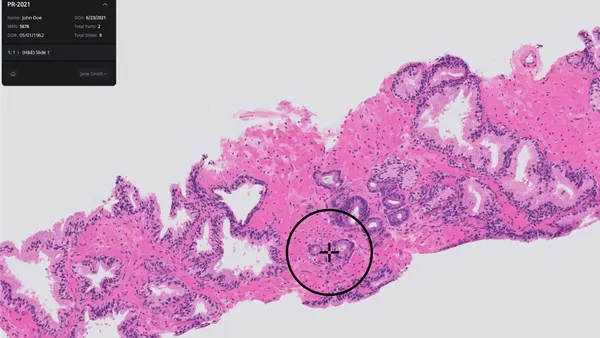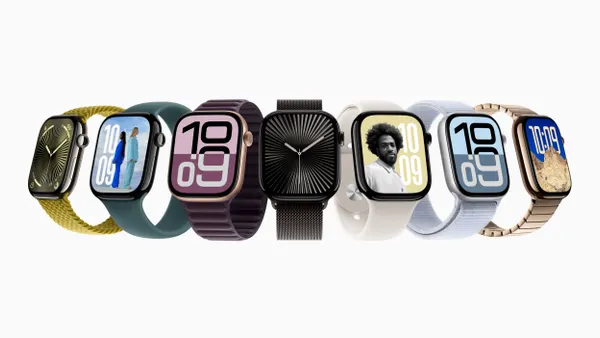Dive Brief:
-
The FDA has awarded breakthrough device status to Dthera Sciences' digital therapeutic for people with Alzheimer’s disease.
-
Dthera's device, DTHR-ALZ, delivers reminiscence therapy to try to treat the agitation and depression suffered by some Alzheimer's patients.
-
The receipt of the status positions Dthera to benefit from the input of the FDA and a priority review if it files for approval.
Dive Insight:
The breakthrough program was established toward the end of 2016 as part of the 21st Century Cures Act, although the FDA began fast tracking certain devices through the innovation pathway and later the expedited access pathway (EAP) years earlier. The breakthrough program superseded EAP and a priority review program but retained some of the features pioneered in those initiatives.
An update from the FDA in February showed the agency is accepting around 50% of applicants onto the program. In December 2017, the first device with the designation received FDA approval, and by the end of July 2018 the agency had accepted 83 devices into the program, according to a presentation by FDA's device center chief Jeff Shuren.
Dthera thinks only one of those devices is a digital therapeutic, making its DTHR-ALZ just the second asset in the emerging field to get the designation. The lack of a publicly-available list of designations makes it impossible to validate that claim, but it holds up based on what companies have disclosed voluntarily. Pear Therapeutics’ treatment for opioid-use disorder, reSET-O, received EAP designation in October.
The lack of breakthrough-designated digital therapeutics partly reflects the fact that both the sector and the status have short histories. Dthera thinks the fact DTHR-ALZ is on the short list of devices with the status also says something about its candidate and the unmet need it is trying to address.
DTHR-ALZ delivers reminiscence therapy to counter agitation and depression in Alzheimer’s patients. Reminiscence therapy is an approach that uses life histories to improve psychological health. The approach has been used for years, with some success. A Cochrane review of clinical trials of the method found evidence of small benefits to quality of life, cognition, communication and mood in some circumstances.
Given the lack of effective treatments for Alzheimer’s, even small improvements could be valuable. Dthera wants to bring these benefits to more patients. The company thinks adoption of reminiscence therapy is being held back by the difficulty of scaling the approach, which requires therapists to meet with patients individually or in small groups at least once a week for around one hour, on average.
Dthera thinks technology can reduce the time and resources required to provide the therapy, while also giving patients more frequent, consistent and personalized support. Details of how DTHR-ALZ will deliver on this promise are scarce but Dthera’s existing consumer-focused product, ReminX, gives an indication.
ReminX consists of a tablet and accompanying app. Photos, videos and voice recordings are uploaded via the mobile app. When the patient picks up the tablet, it automatically starts playing the uploaded content. A study found 14 patients with mild-to-moderate dementia reported feeling less anxious and depressed immediately after using ReminX.
Shares in Dthera rose 35% following news of the breakthrough status. Dthera is still a tiny company, though, with its market cap coming in just above $20 million. The stock has fallen over the course of 2018, even after factoring this week’s resurgence.











